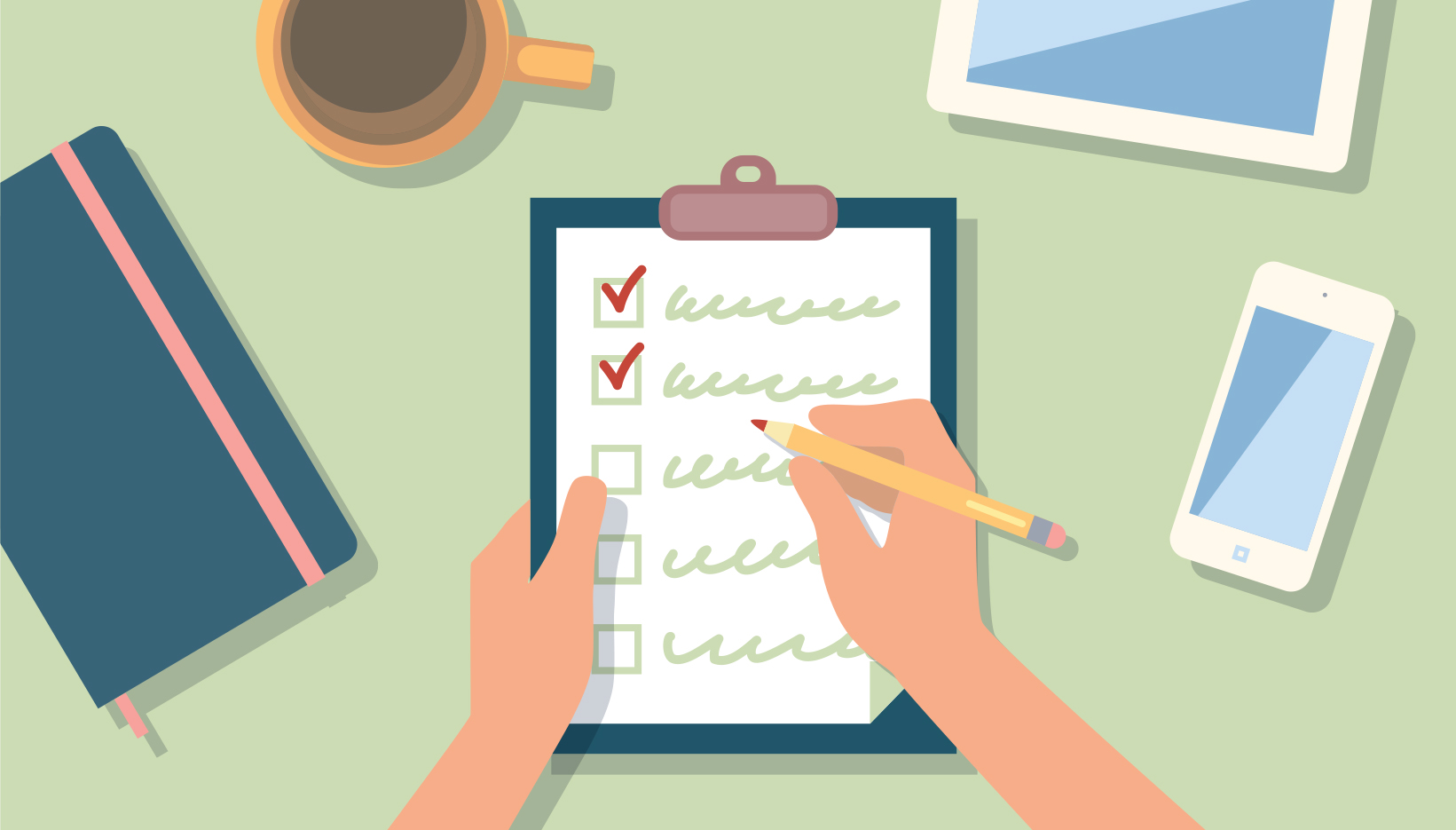You have been invited for an interview by your dream university and are one step closer to your study abroad goal. Congratulations! It’s quite normal to feel a little jittery inside. Relax, a study abroad interview is not too different from a job interview. The interviewer wants to know whether you have the drive and sincerity to handle the academic pressure in a foreign country. With focus and planning you’ll certainly bag the coveted offer.Here are a few tips on how to plan and prepare for your upcoming interview:
Know the facts: If you want to enrol in a course in a specific foreign university, try to glean as much data as you can about the program and the institution. Superficial knowledge and incorrect facts based on hearsay will put the interviewer off. Conduct a meticulous search and know every small pertinent detail – this will come in handy at the interview.Sources that you can refer to include:
- University website:Scour their portal to know the school ethos, program requirements, potential recruiters, curriculum details, latest developments etc.Listen to the admission webinars.
- Student/Alumni:Like/Follow direct social media pages and learn what alumni and current students have to say about their experience at the university and/or program.Use social networking sites to connect with them.
- Study abroad events and education fairs: This is a great platform to connect with the admission team and expand your knowledge about specific aspects of the program/college. Talk to representatives of the institutions and ask them questions beyond the website to gain more in-depth insight.
- Admission experts: As in their repository of experience they have current information, valuable insights, relevant facts and figures to provide you a clearer picture about the situation and expectation.
It’s important to convey to the school why you are the right fit. The more relevant information you have, the better you will be at meeting this objective.
Study the application form:You must go through all compenents (essay, letters of recommendation, resume etc) of the application several times to have every point lodged in your memory. This is immensely important to prepare your interview response in tandem with the rest of your application. Your answers must back the views you’ve presented in the form.A slight discrepancy between what you said and what you stated on paper will affect the outcome of the interview.
Learn and rehearse: You might initially think that talking about your interest, chosen subject, aspirations about studying abroad would not be difficult. Trust me, it is not so easy unless ofcourse you have practised hard. Even though the questions appear quite subjective and personal, you have to build up a strong argument as to why you are the perfect match for the program. Here’s what to do:
- Get started by listing down probable questions that the interviewer might ask. For example: Why you want to pursue the program/course? What makes you the perfect fit for the course? In what way will this course shape your academic plans? How will the course help you with your future? Why do you want to study this course in this institution?
- Write down key points on which you’ll concentrate your response.
- Since it is an oral interaction, you have to polish your oral communication skills toconvey your thoughts in a concise and coherent manner. Rehearse your answer well and say them aloud. You can use the voice recorder for reviewing your presentation or resort to the age-old trick of practising in front of the mirror.
Follow etiquette:Etiquette – that makes your first impression at any interview. Etiquette is the code of conduct for indicating polite and appropriate behaviour, including how you present yourself. At your interview, your personality will be evaluated on your manners and appearance. Hence, brush up your professional etiquette by working on these simple but essential practices:
- Customary salutation/greeting:Do not forget to greet the interviewer or any other executive you interact with at the centre. Be polite, sound pleasant, and greet the interviewer with a firm handshake.
- Dressing sense: At any interview, formal dress code is the norm. For men it’s a suit, formal shirt and tie and for women, skirt/business pants and formal shirt/blouse.
- Body language:Make direct eye contact. This establishes earnest interest and confidence. Do not use too much of hand movement as it distracts the audience as well as indicates the speaker’s restlessness. Be careful to maintain an erect posture as it indicates you are alert, and engaged with the discussion.
- Acknowledge others: Remember to thank the interviewer at the end. Do not forget to thank the staff at the venue who provided you information and ushered you inside the interview room.
Relax, be yourself: Take a deep breath and calm yourself down. You have prepared well, attained relevant information and are looking forward to sharing your aspirations. Let these thoughts override your mind. When you answer the interviewer, be to the point, honest and clear.Give insightful responses and sound spontaneous. Above all, make sure that you convey your interest and sincerity about pursuing the course at the specific university.
The questions from your interviewer will be centered on deciding whether you are an appropriate fit for their course. So do your research, come in well-prepared and be ready to make a great first impression!
**This article is written by Vibha Kagzi, Founder and Chief Education Officer, Reachivy.com



